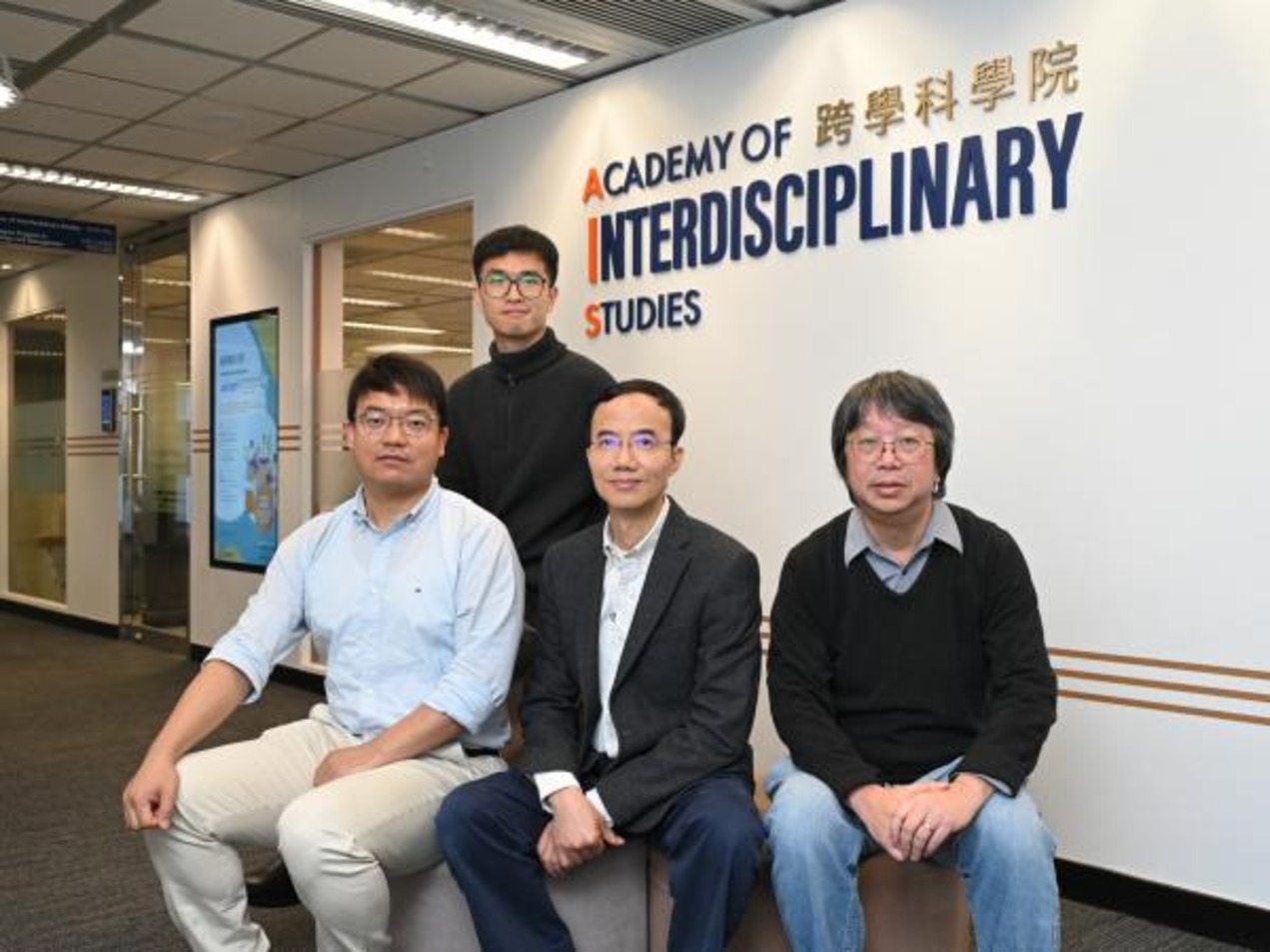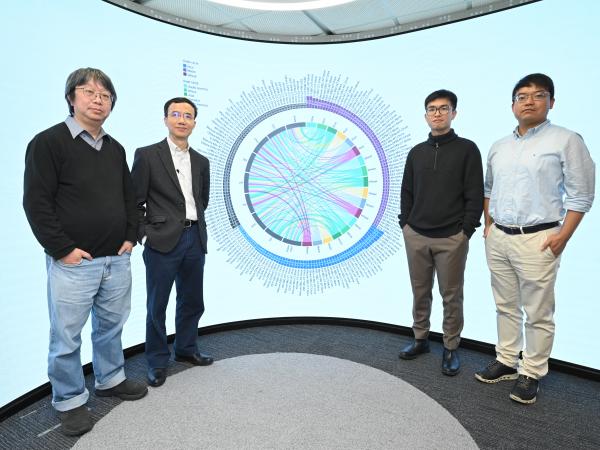
|
Getting your Trinity Audio player ready...
|
An international research endeavour led by the Hong Kong University of Science and Technology (HKUST) has achieved a significant technological breakthrough by introducing an artificial intelligence (AI) model designed to mitigate global ammonia (NH3) emissions originating from agricultural activities.

Through the innovative use of machine learning techniques, the pioneering study not only identified that global NH3 emissions from croplands are less extensive than previously estimated but also demonstrated the efficacy of optimising fertiliser management in reducing emissions by approximately 38%, without compromising nitrogen fertiliser usage overall.
The implications of this research extend to policymakers globally, offering valuable insights into addressing the United Nations’ Sustainable Development Goals concerning poverty alleviation, food security, and sustainable agriculture.
The emission of NH3 from diverse agricultural and industrial processes poses environmental hazards, leading to air and water pollution, ecosystem damage, and threats to human health. Although NH3 itself is not a greenhouse gas, its interactions within the soil and atmosphere can result in the formation of compounds such as nitrous oxide, a potent greenhouse gas contributing to climate change.
Significantly, the production of three major crops – rice, wheat, and maize – accounts for more than half of the global cropland NH3 emissions. With increasing food demand amidst global population growth, the imperative to discover methods for reducing these emissions has become paramount for sustainable development. However, the absence of accurate global-scale information hampers countries’ ability to implement effective emission reduction strategies tailored to their specific circumstances.
To confront this challenge, a research consortium spearheaded by Prof. Jimmy FUNG Chi-Hung, Chair Professor of HKUST’s Division of Environment and Sustainability in the Academy of Interdisciplinary Studies and Department of Mathematics, alongside Prof. ZHENG Yi from the School of Environmental Science and Engineering at the Southern University of Science and Technology (SUSTech), curated and synthesised a dataset derived from field observations of NH3 emission rates spanning from 1985 to 2022.
Subsequently, they trained an AI-powered computational model to estimate global NH3 emissions utilising the dataset while accounting for various geographical factors including climate, soil characteristics, crop types, irrigation practices, fertiliser application, and tillage methods.
This model possesses the capability to generate tailored fertiliser management plans for diverse regions. For instance, in Asia, approximately 76% of wheat lands are deemed suitable for implementing enhanced-efficiency fertilisers (EEFs) to mitigate NH3 emissions, particularly due to the influence of global warming where temperature significantly affects NH3 emissions from wheat lands in Asia.
The AI model revealed that by optimising fertiliser management practices – such as adjusting fertilisation timing, utilising specific nutrient blends, and implementing suitable planting and tillage techniques – it is plausible to reduce global NH3 emissions from the three aforementioned crops by up to 38%. Notably, Asia exhibits the highest potential for NH3 reduction, followed by North America and Europe.
This discovery holds particular significance given projections indicating a 4.0% to 5.5% increase in global NH3 emissions from croplands over the 30-year period until 2060. Therefore, even achieving a fraction of this potential reduction could suffice to offset the projected increase.
Prof. Jimmy Fung stressed the challenges faced by current global efforts to mitigate emissions, citing high costs and small farm sizes as significant obstacles. He highlighted the significance of the study’s findings, which offer updated data on NH3 emissions globally. This data can inform policymaking and management practices aimed at reducing haze and ensuring food security. Prof. Fung emphasised the vast potential of leveraging big data and AI in advancing sustainable development.
The study, titled “Fertilizer Management for Global Ammonia Emission Reduction,” has been published in Nature, a premier multidisciplinary scientific journal. The research’s co-first authors included Mr. LI Geng, a PhD student from HKUST, and Dr. XU Peng, a Research Assistant Professor from SUSTech. The research consortium comprised members from Tianjin University, Colorado State University, Peking University, Peking University Shenzhen Graduate School, Oak Ridge National Laboratory, Beijing Forestry University, and Cornell University.
















